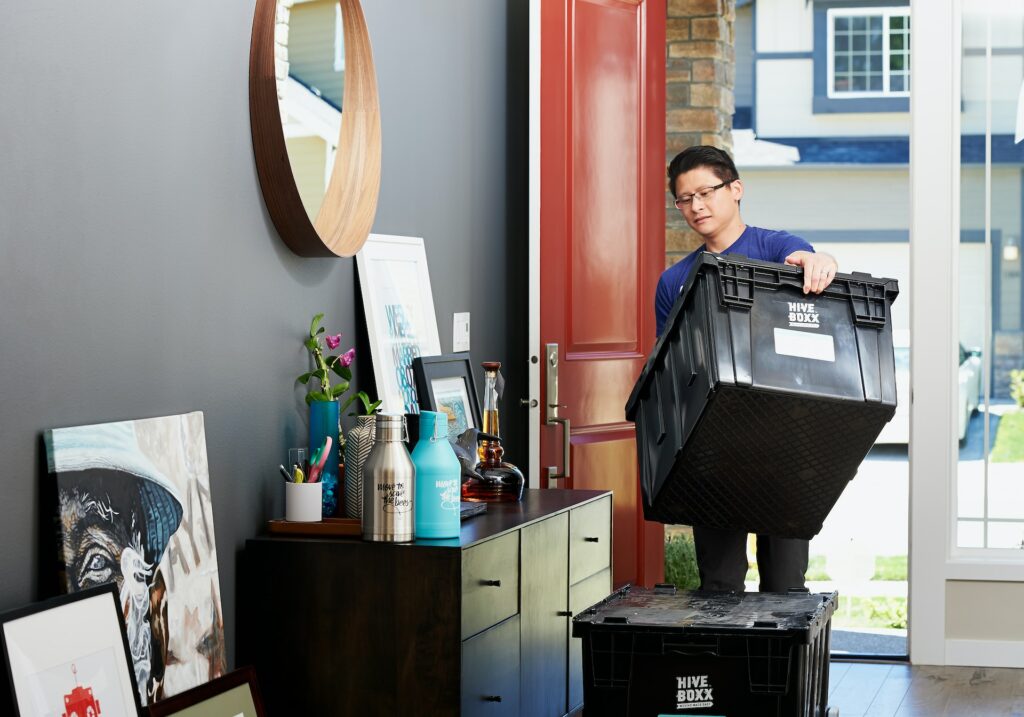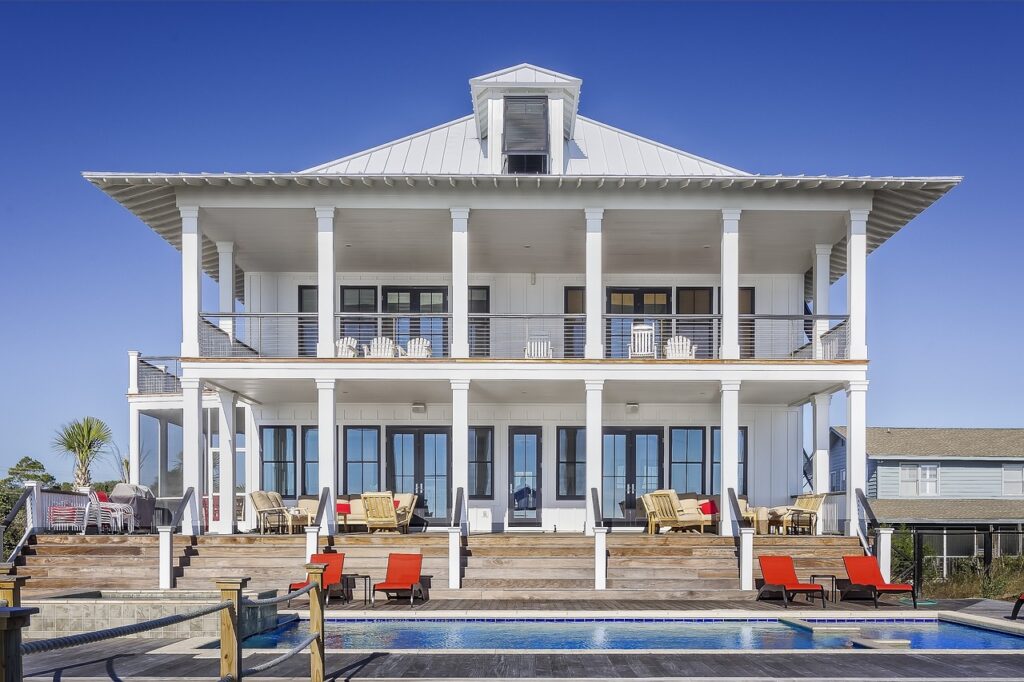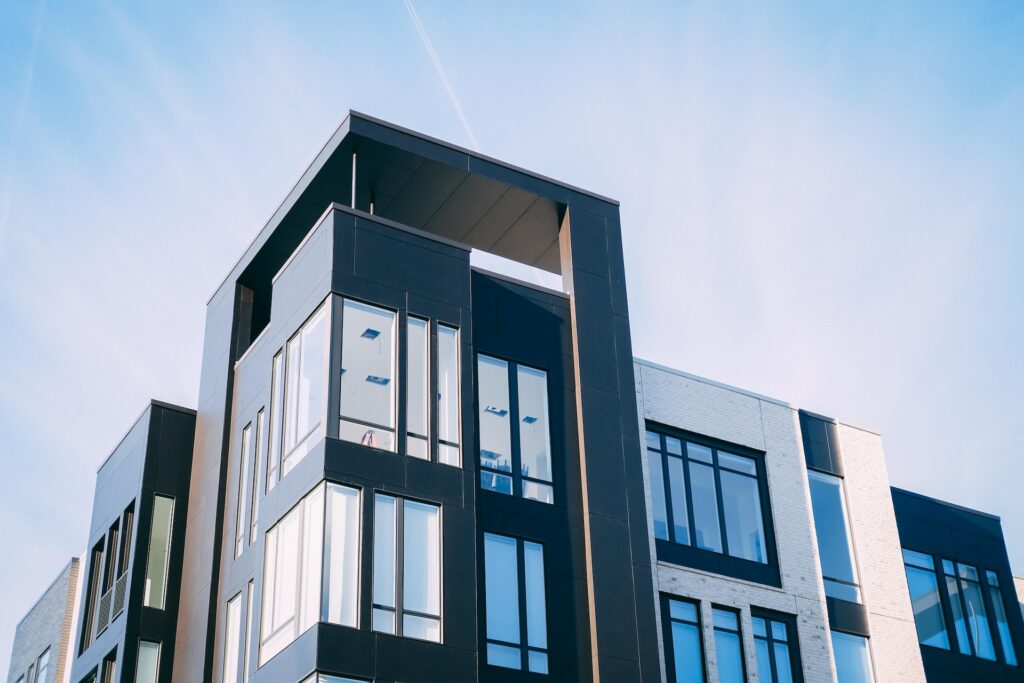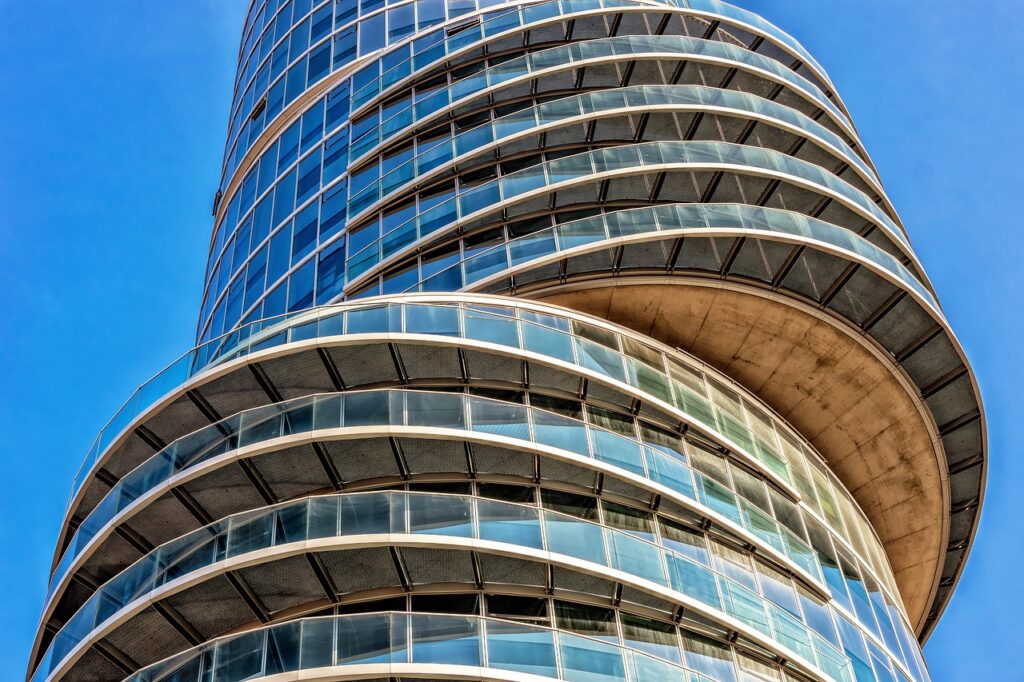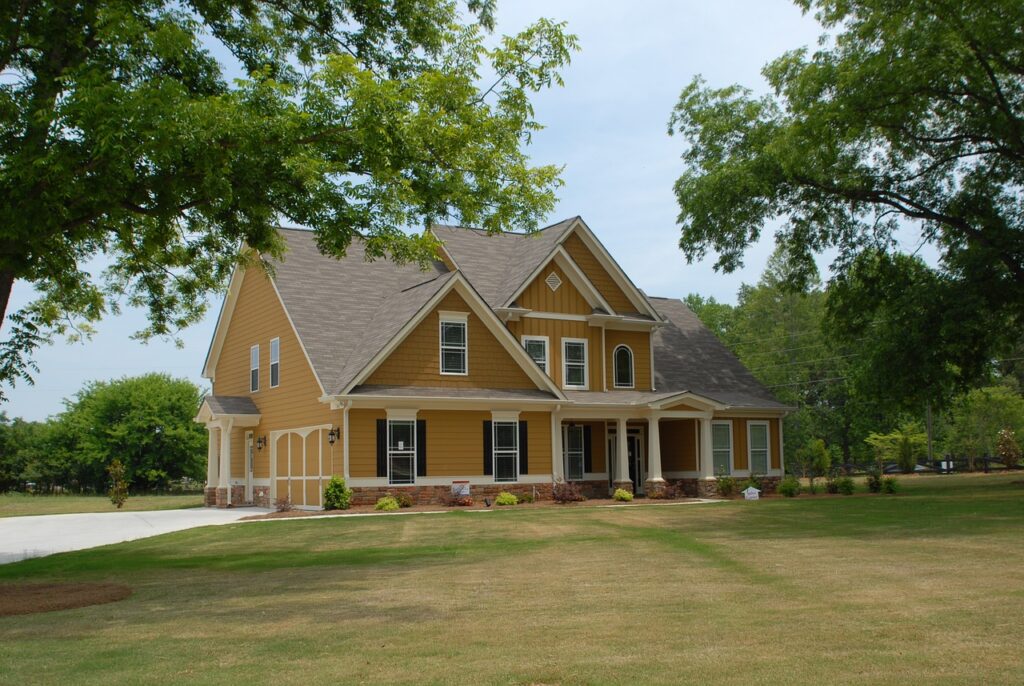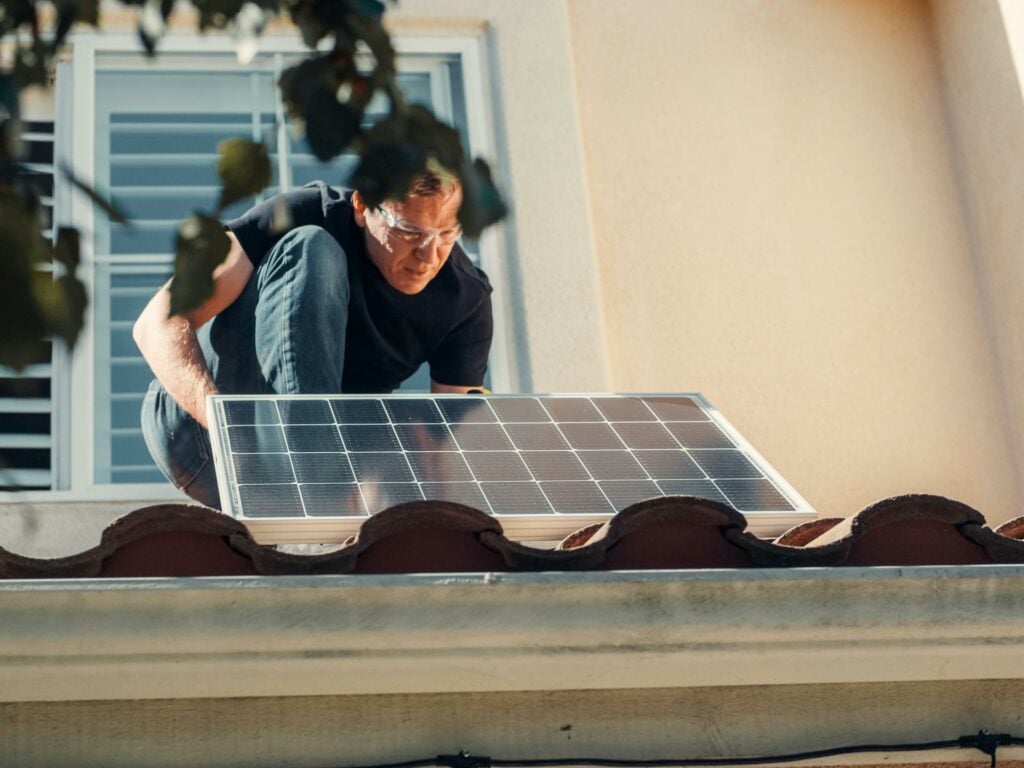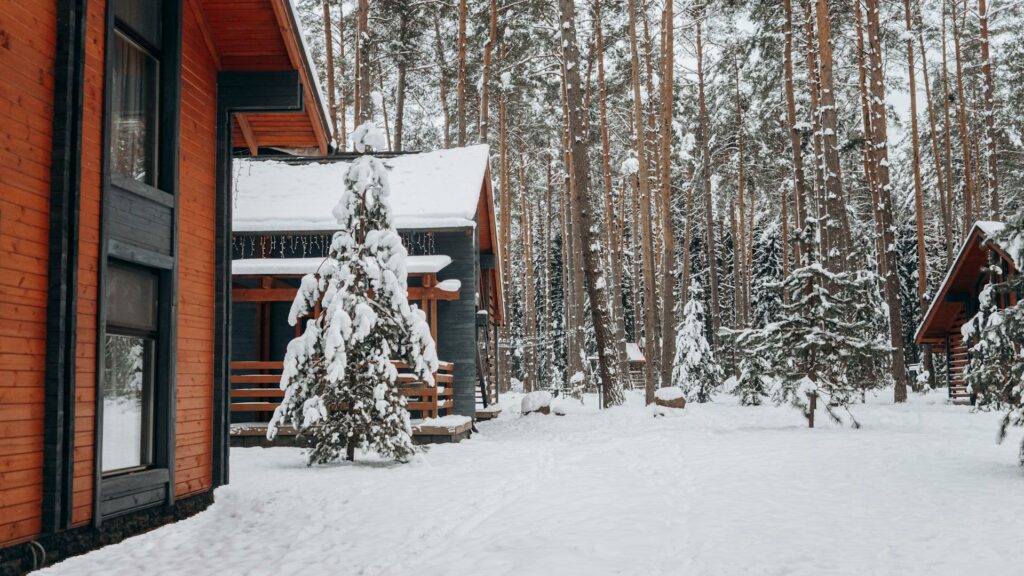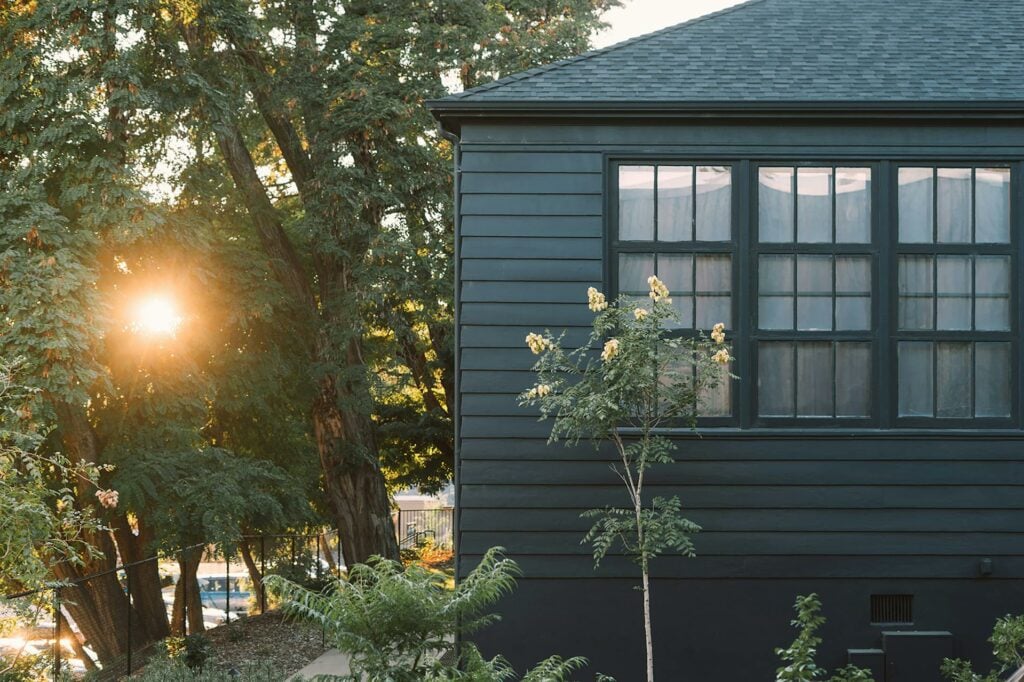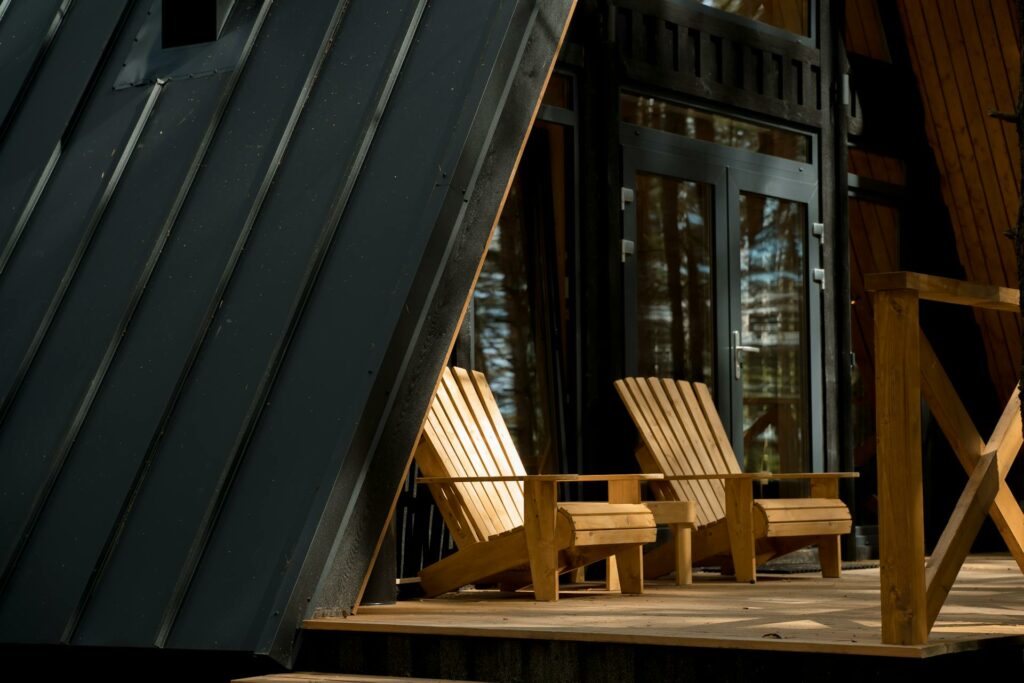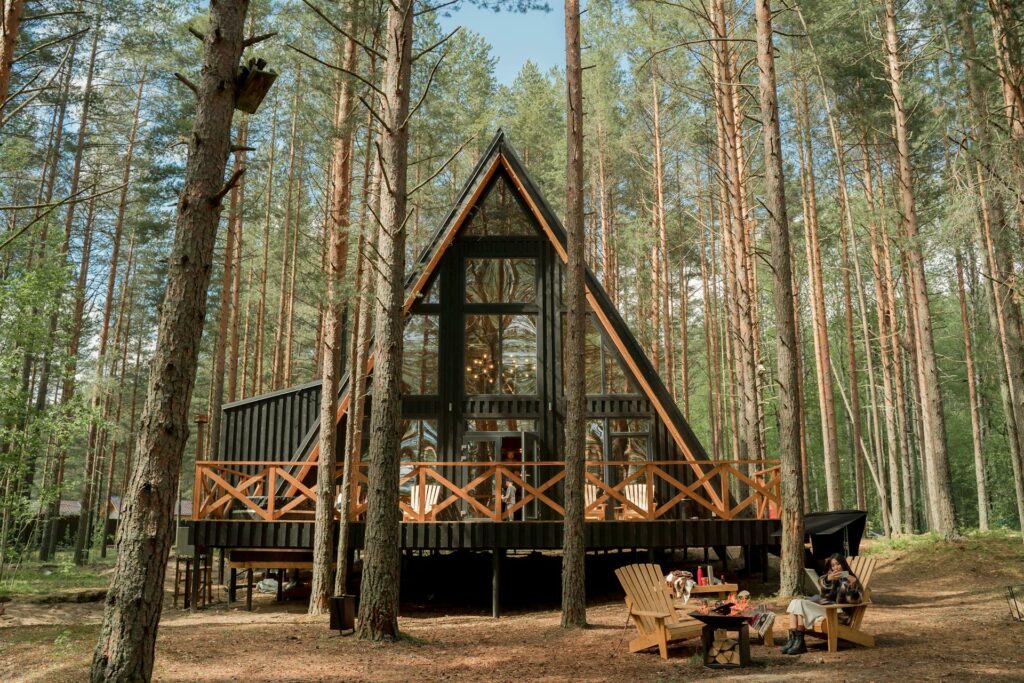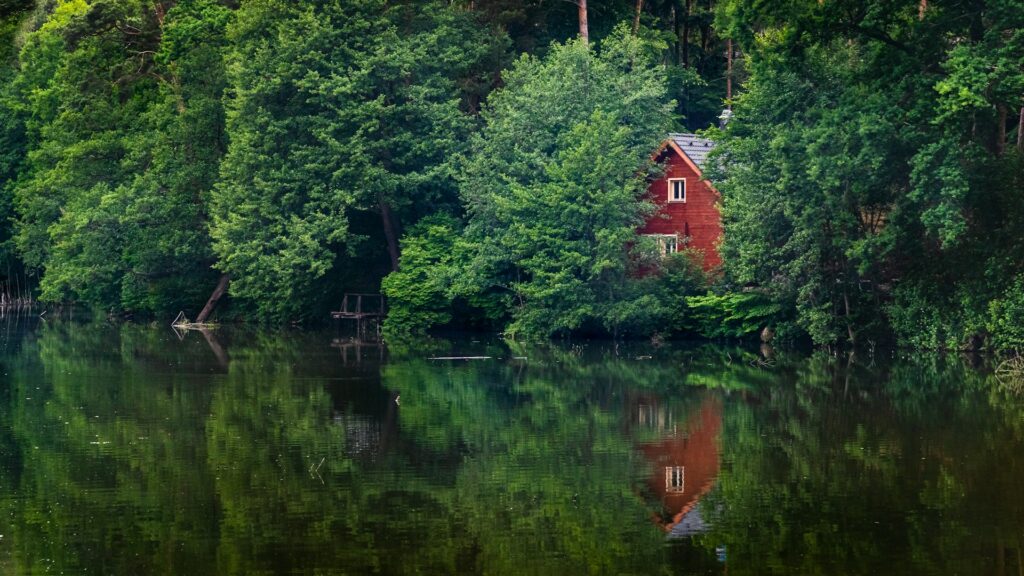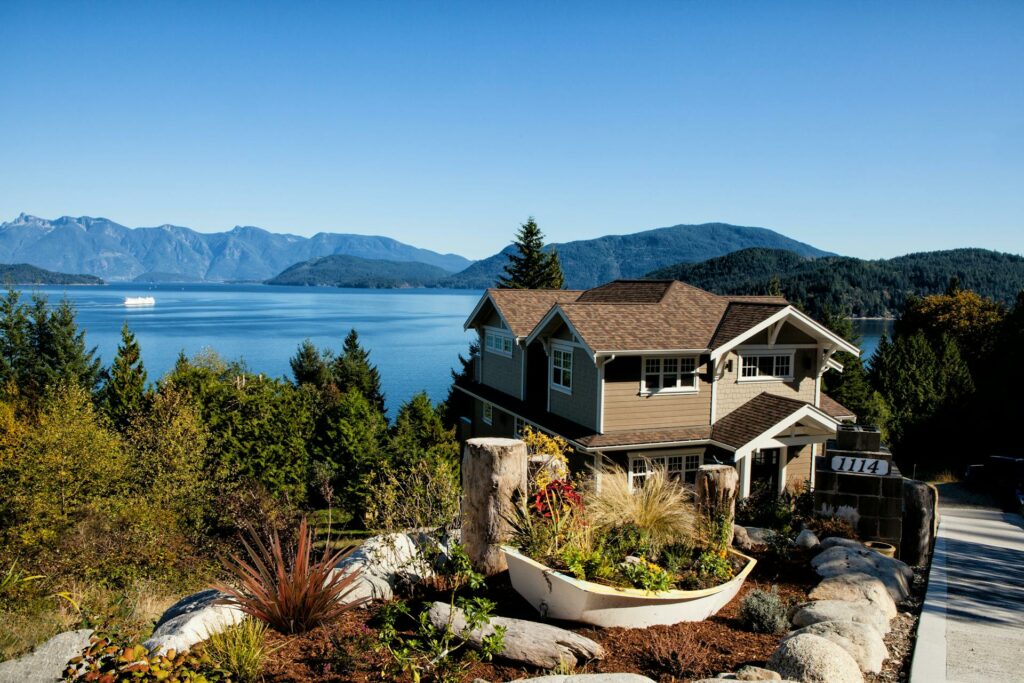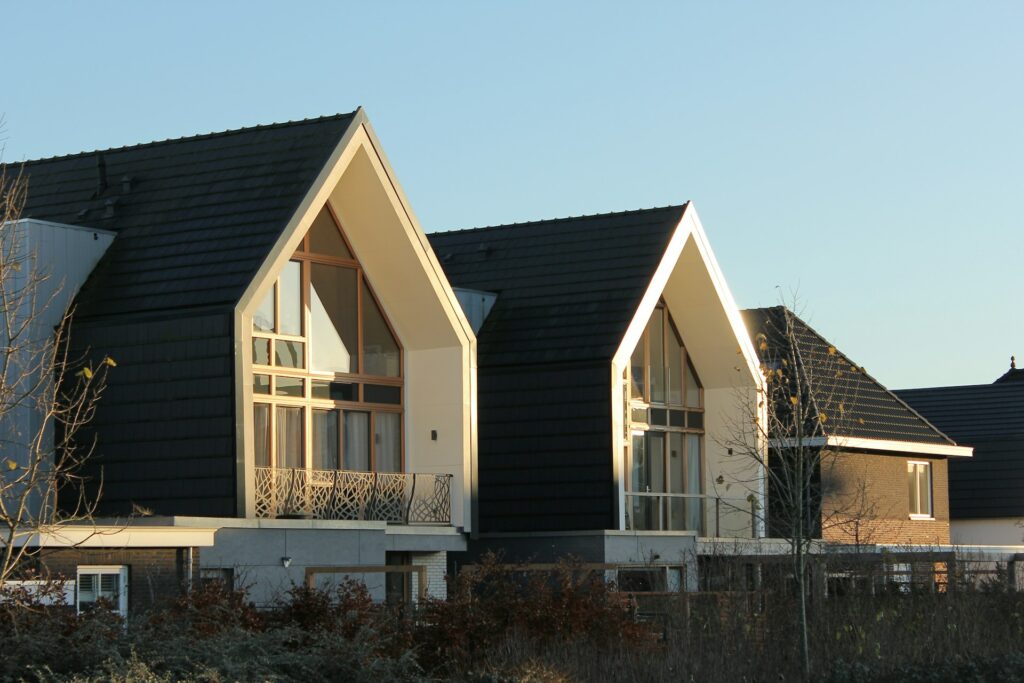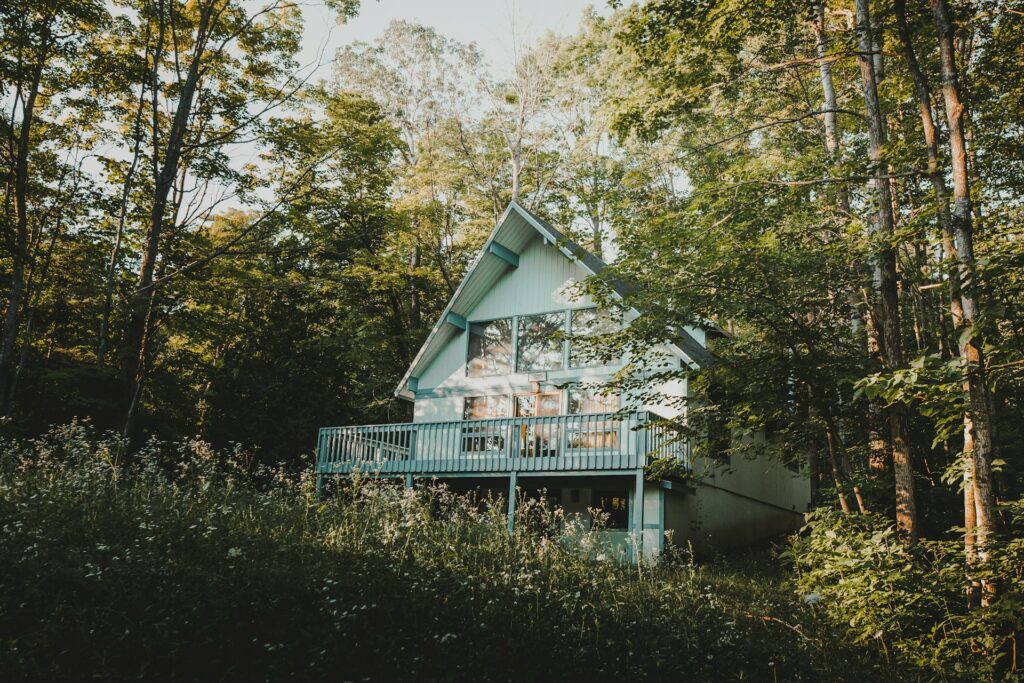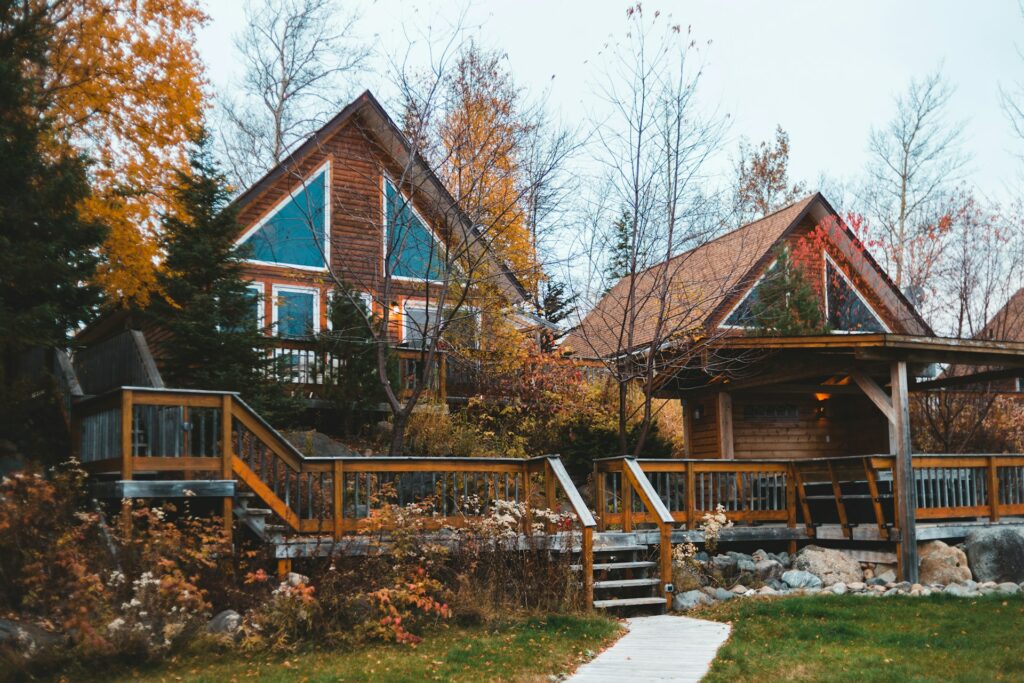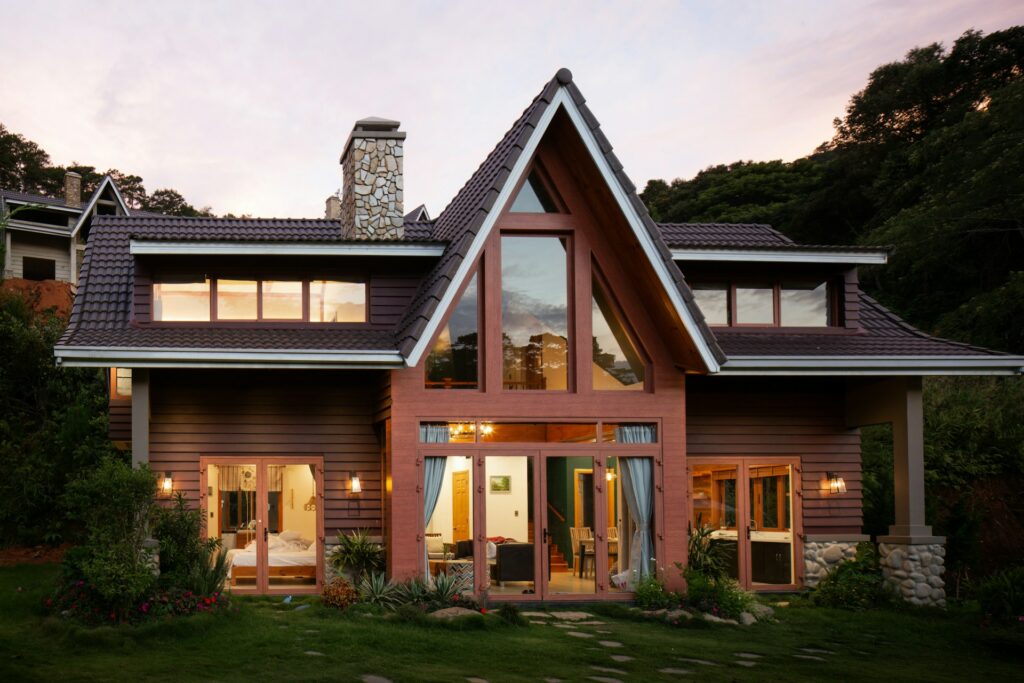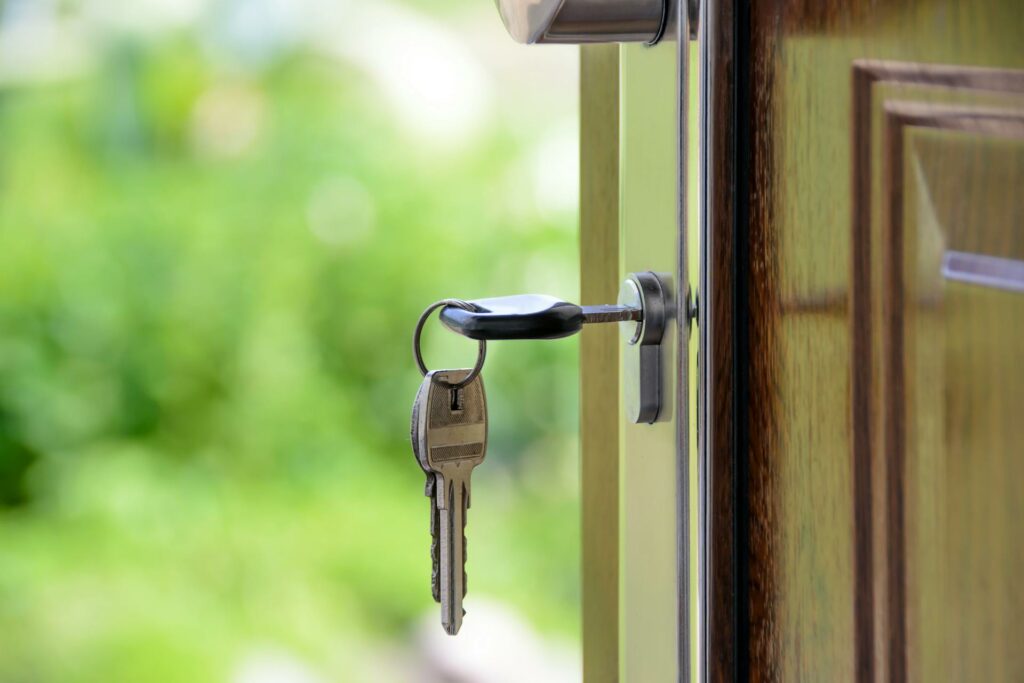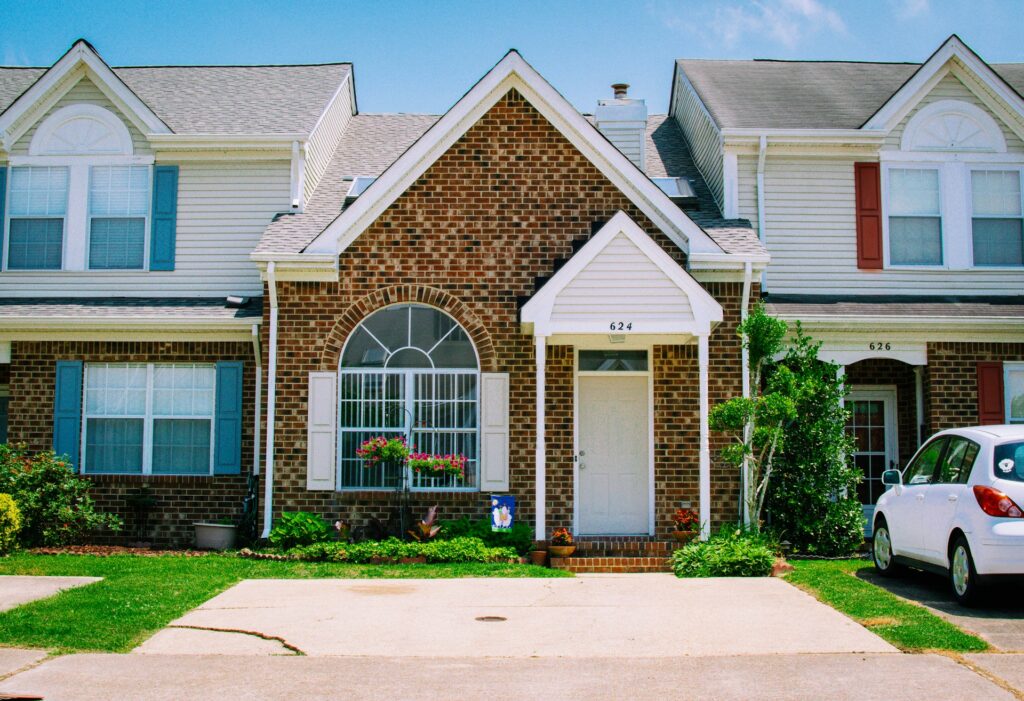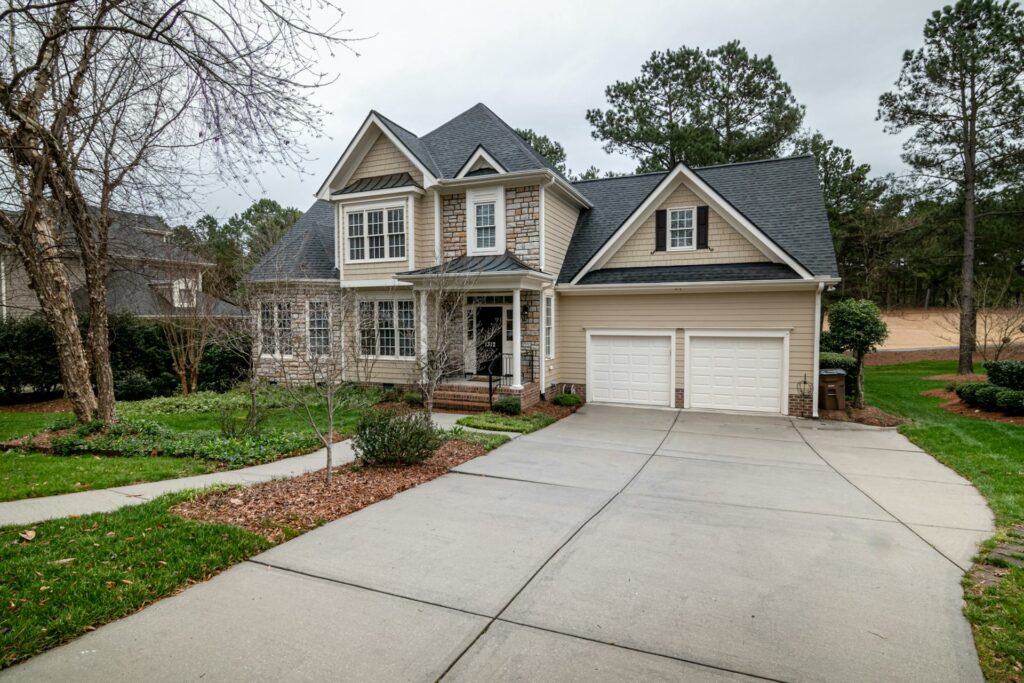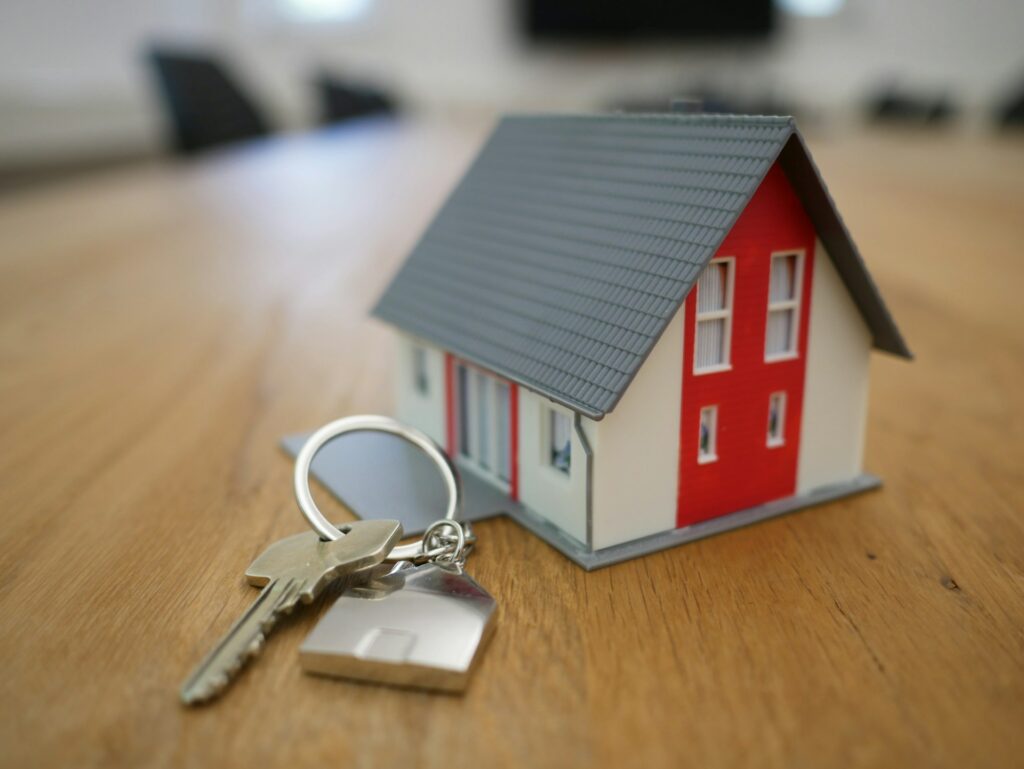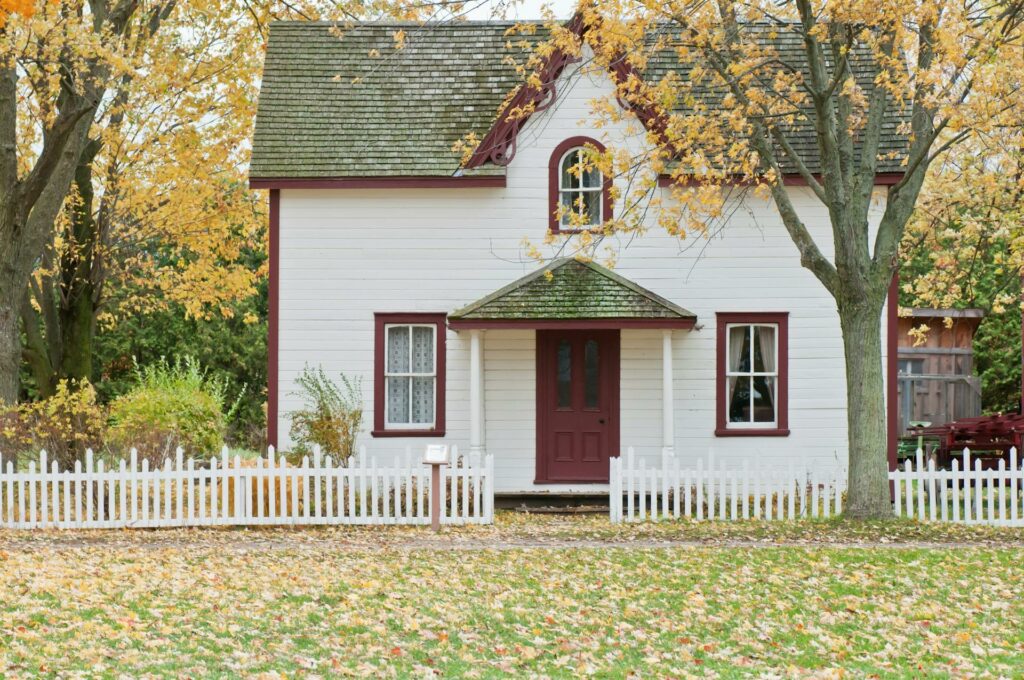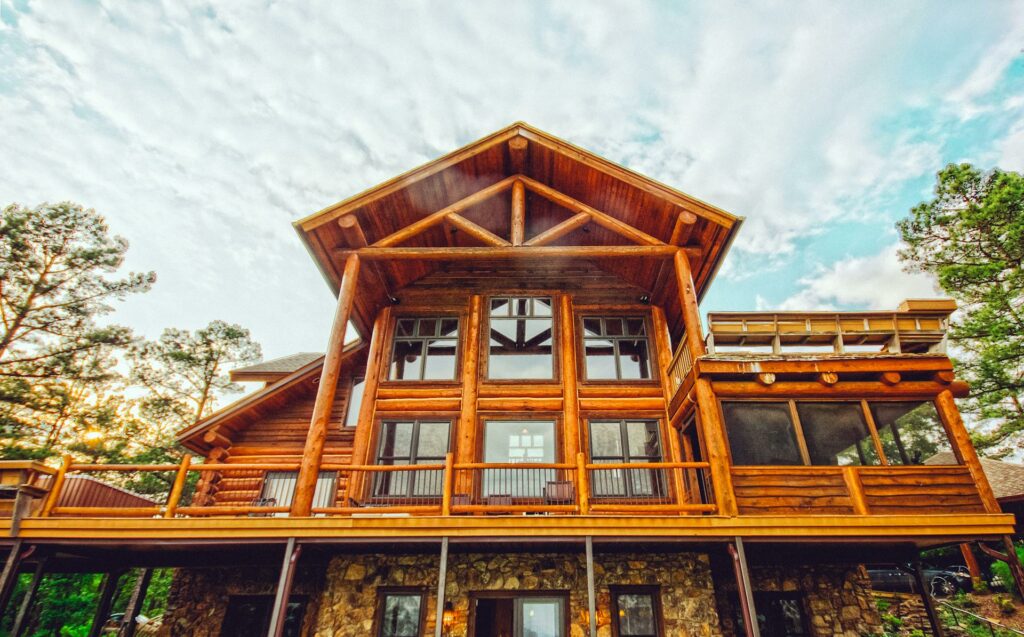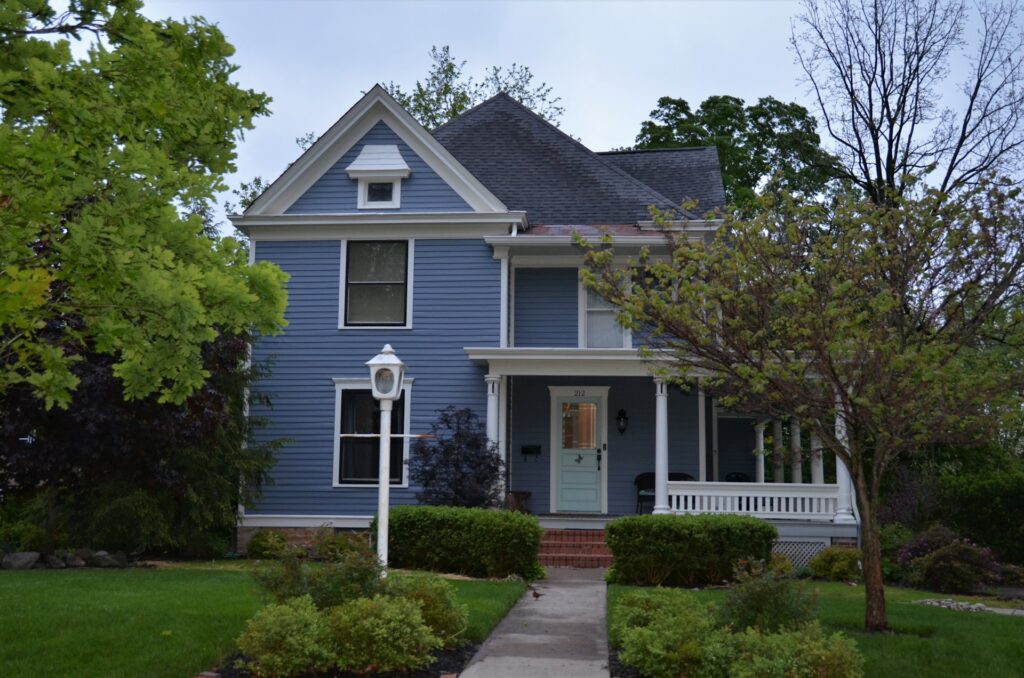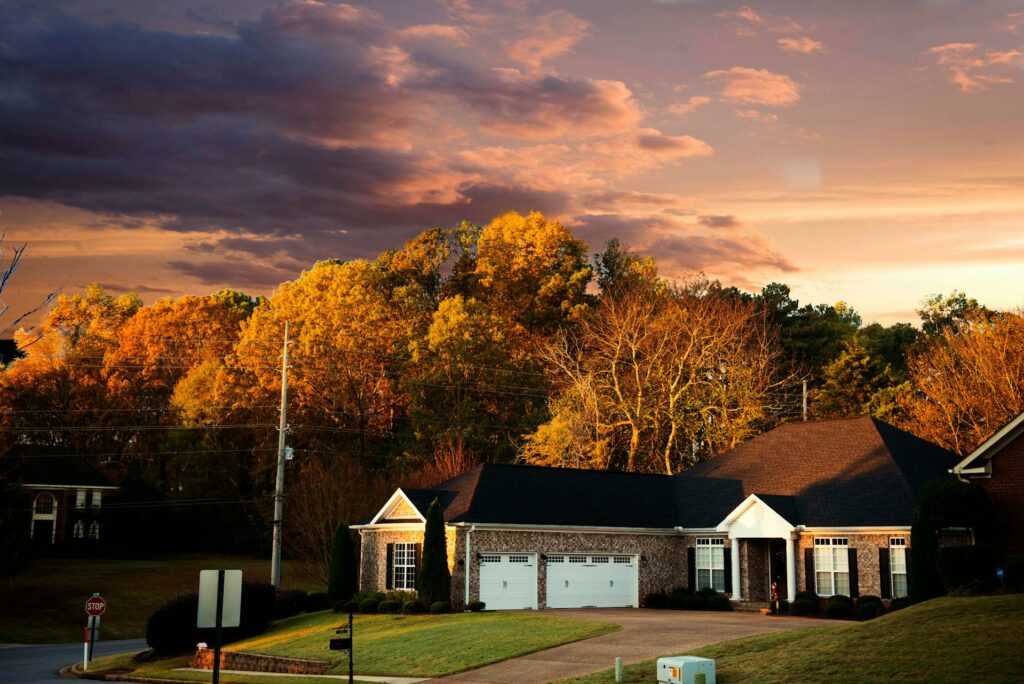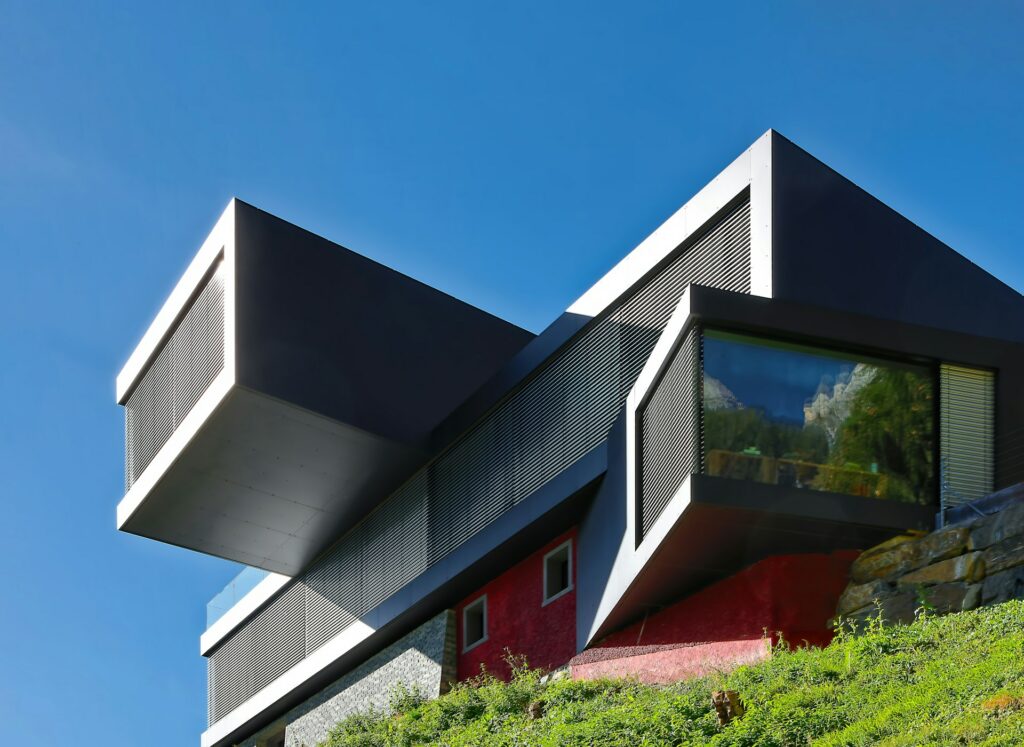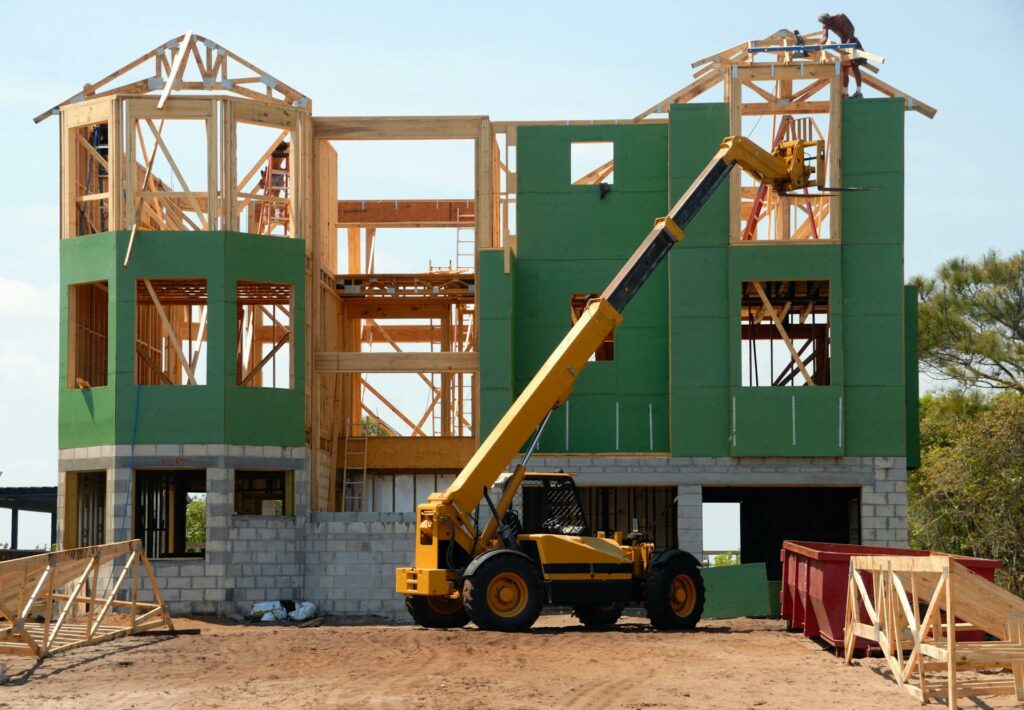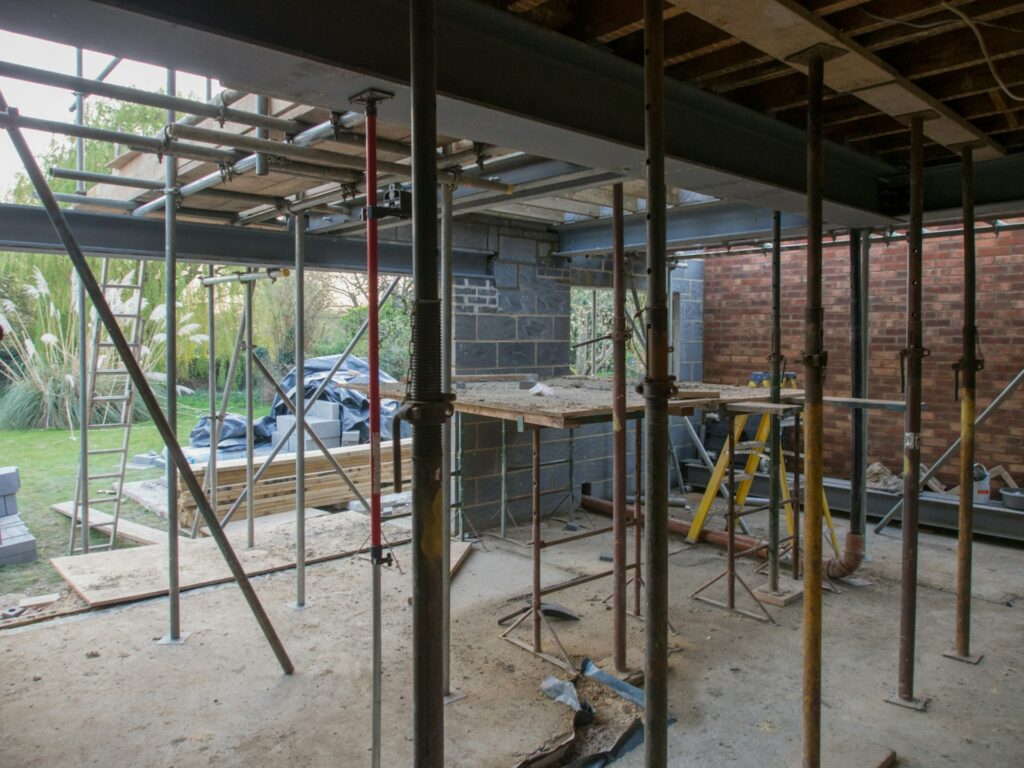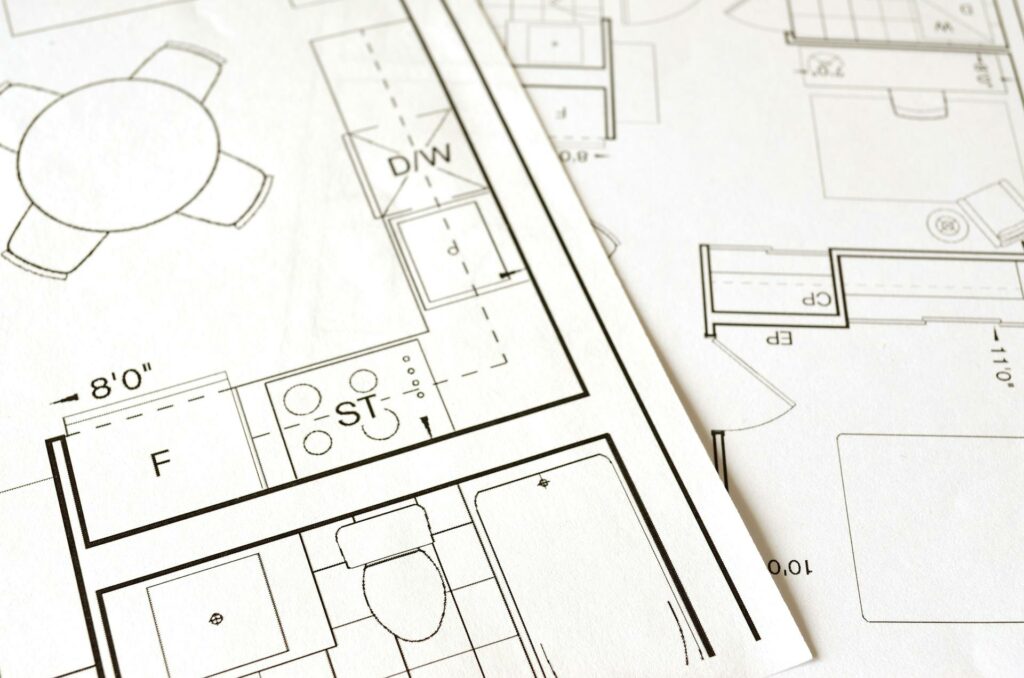Question: How Do You Build an Eco-Friendly House? Answer: To build an eco-friendly house start by using sustainable materials like bamboo, incorporating energy-efficient designs with solar panels and superior insulation, and implementing water-saving systems. Prioritizing a smaller footprint and passive solar design are also key for reducing environmental impact. Constructing Your Sustainable Home Building a […]
Question: What are the Pros and Cons of Green Building? Answer: Pros of green building include lower energy costs, improved occupant health, and reduced environmental impact. Cons are the higher initial construction costs and the potential for limited availability of specialized materials and labor in certain areas. The Advantages and Disadvantages of Green Homes Many […]
Question: Can You Permanently Live in a Cottage? Answer: Yes, but it depends on local zoning laws and planning permissions. The cottage must meet residential building codes for year-round living, including proper insulation and utilities. Some communities may also have rules restricting permanent occupancy, so always check local regulations before moving in permanently. The Dream […]
Question: What Are the Benefits of Owning a Cottage? Answer: Some of the benefits of owning a cottage include: A cottage offers a private retreat for relaxation and connecting with nature. It’s a place to create lasting family memories, enjoy outdoor recreation, and can provide rental income, making it both a valuable lifestyle and financial […]
Question: Is a Cottage a Good Investment in Canada? Answer: A cottage can be a good investment in Canada, offering personal enjoyment and potential financial gains through appreciation and rental income. Success depends on location, market trends, and managing costs like maintenance and taxes. It’s a blend of a lifestyle choice and a financial commitment […]
Question: What Are the Disadvantages of Owning a Cottage? Answer: Disadvantages of owning a cottage include significant ongoing expenses like taxes, insurance, and maintenance. It also demands a substantial time commitment for upkeep and travel, which can limit your financial and personal flexibility for other types of vacations or activities. The Downsides of Cottage Ownership […]
Question: What is Vacation Property Insurance? Answer: Vacation property insurance is a specialized policy for a secondary home, like a cabin or cottage. It provides property and liability coverage, addressing the unique risks of a property that is not your primary residence and may be vacant for extended periods. Insurance for Your Vacation Home Owning […]
Question: Can a Husband and Wife Have Separate Primary Residences in Canada? Answer: Yes, a husband and wife can have separate primary residences in Canada. However, for tax purposes, a family unit can only designate one property as their principal residence for any given year to claim the full capital gains tax exemption. Separate Homes […]
Question: How Does CRA Determine Primary Residence? Answer: The CRA determines your primary residence by reviewing where you ordinarily inhabit the home, considering facts like the address on your ID, tax filings, and personal ties to the property. No single factor is decisive; it depends on the specifics of your situation. The CRA’s View on […]
Question: Can I Make My Cottage My Primary Residence? Answer: Yes, you can make your cottage your primary residence, provided local zoning bylaws permit year-round occupancy and the property is winterized with year-round access. You must also formally change your address with government agencies for tax, voting, and healthcare purposes to officially establish it as […]
Question: What Are the Tax Implications of Owning a Second Home in Canada? Answer: The primary tax implication of owning a second home in Canada is the capital gains tax on increased value when you sell, as only one property can be designated your principal residence. Any net rental income is also taxable. Some provinces […]
Question: How Do I Avoid Paying Capital Gains on a Cottage? Answer: To avoid paying capital gains on a cottage, you can designate it as your principal residence, which shelters the gain from tax. However, you can only designate one property per family for any given year. Strategic estate planning can also help defer or […]
Question: What Happens if You Buy a House but Can’t Sell Yours? Answer: If you buy a house but can’t sell yours, you are legally obligated to close. If you can’t, you could be sued, lose your deposit, and owe damages. Options include securing bridge financing to cover the gap or trying to rent your […]
Question: Should You Buy a Home Before Selling? Answer: While possible to buy a home before selling with bridge financing, it’s risky as you’d carry costs for two homes. Selling first is generally safer, allowing you to know your exact budget and make a firm, more attractive offer without a condition of sale. Deciding Whether […]
Question: Why Is My House So Hard to Sell? Answer: The most common reasons why your house is hard to sell are an asking price that’s too high for the current market, poor property condition, or ineffective marketing. A shift in the market, high interest rates, or limited showing availability can also be significant factors […]
Question: How to Buy a House With Low Income Canada? Answer: To buy a house with low income Canada leverage the First Home Savings Account (FHSA) and RRSP Home Buyers’ Plan for your down payment. Improve your credit score, reduce debt, and explore incentives like land transfer tax rebates. Getting pre-approved for a mortgage clarifies […]
Question: What is the Minimum Deposit to Buy a House? Answer: The minimum down payment is 5% for homes under $500,000. For homes between $500,000 and $999,999, it’s 5% on the first $500K and 10% on the remainder. A 20% down payment is mandatory for homes $1 million and over. The Minimum Down Payment for […]
Question: Can We Buy a House Without a Down Payment? Answer: No, you cannot buy a house without a down payment. A down payment is legally required in Canada, with a minimum of 5% of the purchase price. While a zero-down purchase isn’t possible, funds can come from your savings, the RRSP Home Buyers’ Plan, […]
Question: What is the Best Age to Buy a House? Answer: The best age to buy a house is less about a number and more about financial readiness. It’s when you have a stable income, a good credit score, and have saved a sufficient down payment. For many, this milestone is reached between their late […]
Question: What is the Best Strategy to Buy a House? Answer: The best strategy to buying a house is securing a mortgage pre-approval to set your budget, partnering with a realtor, and making a conditional offer subject to financing and a home inspection. A real estate lawyer is essential to manage the closing process. Crafting […]
Question: What Happens if I Make a Large Principal Payment on my Mortgage? Answer: If you make a large principal payment on your mortgage, you reduce your principal, pay less interest over time, and shorten your amortization. However, check your agreement as exceeding your annual prepayment privilege on a closed mortgage can trigger a significant […]
Question: What are the Benefits of Making a Large Down Payment? Answer: The benefits of making a large down payment are significant. A large down payment means a smaller loan, lower monthly payments, and less interest paid. Putting down 20% or more also eliminates mandatory mortgage default insurance, potentially securing a better interest rate and […]
Question: What are the Disadvantages of a Small Down Payment? Answer: The disadvantages of a small down payment are significant. A down payment under 20% requires mandatory mortgage default insurance. This premium increases your total loan, resulting in higher monthly payments and more interest paid over time. You also start with less home equity, increasing […]
Question: What are the Disadvantages of a Large Down Payment? Answer: A large down payment can deplete your emergency savings, leaving you financially vulnerable to unexpected costs. It also creates an opportunity cost, as that capital is tied up in your home instead of being invested elsewhere for potentially higher returns. The Drawbacks of a […]
Question: How Can I Prepare for Buying a House? Answer: To prepare for buying a house start by saving for a down payment, utilizing tools like the RRSP Home Buyers’ Plan. Check and improve your credit score, get pre-approved for a mortgage to set your budget, and account for closing costs like the Land Transfer […]
Question: What Are the Stages of Home Construction? Answer: The main stages of home construction include site preparation, foundation, framing, mechanical rough-ins, insulation and drywall, and exterior and interior finishing. The process concludes with a final inspection, such as a Pre-Delivery Inspection (PDI), before you receive the keys to your new home. The Home Building […]
Question: What Is the Difference Between a Custom Home Builder and a Production Home Builder? Answer: A custom builder constructs a unique home on your land with extensive personalization. A production builder develops communities, offering a limited selection of pre-designed models and finishes on land they already own, providing a more streamlined process. Custom Home […]
Question: What Are the Benefits of Custom Home Building? Answer: The benefits of custom home building are total control over design, layout, and finishes to suit your lifestyle. You get a home built to the latest energy efficiency standards, superior quality construction, and the protection of a mandatory new home warranty program. The Advantages of […]


